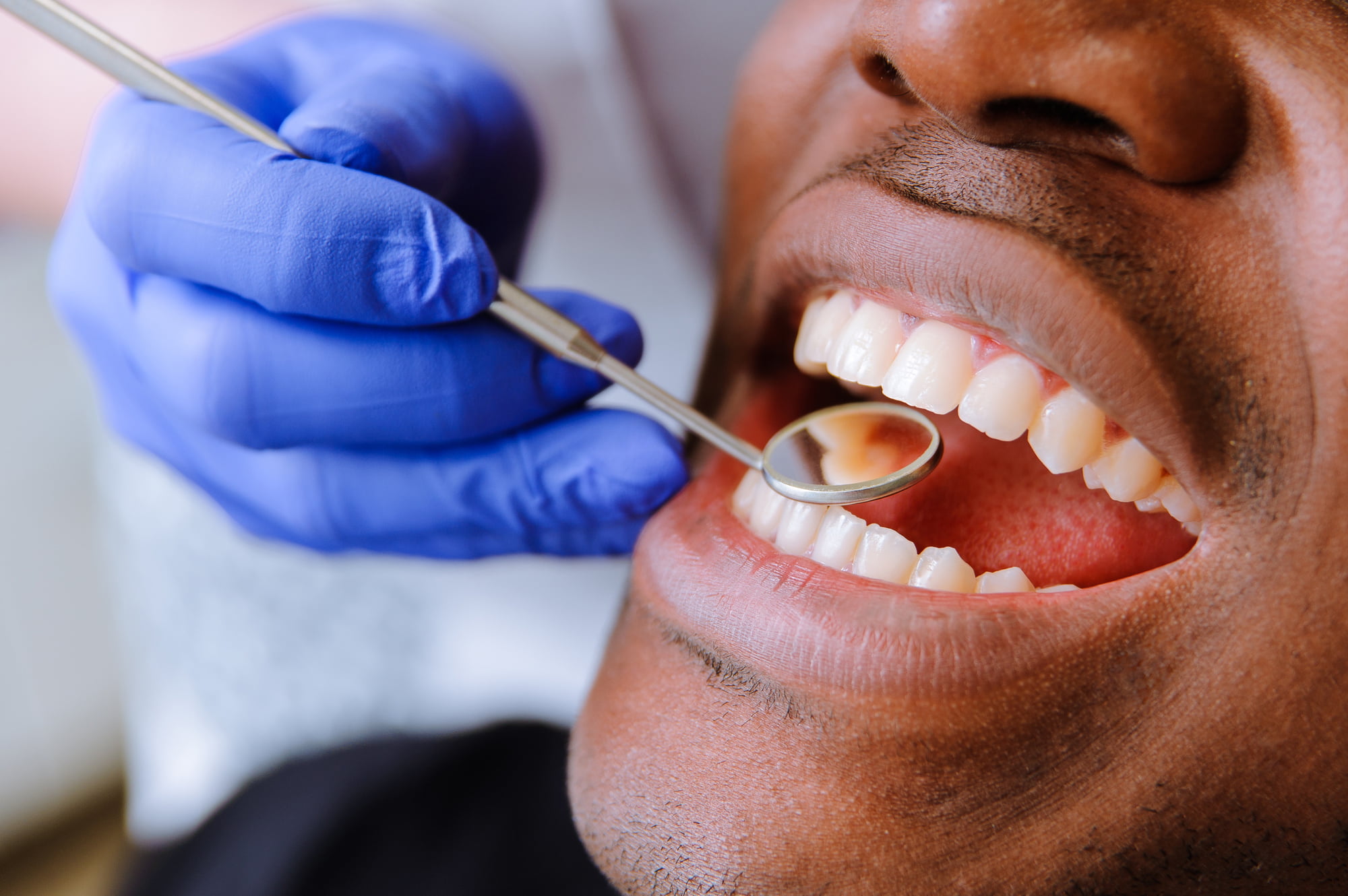Dental procedures can be uncomfortable and sometimes painful. But they’re a necessary element of maintaining a healthy mouth and good dental hygiene. Still, whether you’re getting teeth cleaned, having cavities filled, or getting a tooth pulled, it hurts!
So what can you do to recover after a dental procedure? How do you lower the risk of infection while your mouth is tender and sore? Let’s take a look at everything you need to know.
Rest and Relax
In the 24 hours following the tooth surgery, you need to cut activities that could cause added stress to the treated area. You need to rest in bed or a reclined chair for the majority of the day. And you should also avoid heavy activities to give your body time to relax.
Use an Ice Pack
Applying an ice pack to the area for 15 minutes, 4-6 times a day, can reduce swelling, bleeding, and pain. But before applying the ice pack; first, make sure to read the product instructions. Make sure it is suitable for your skin and the area it will be placed.
Be sure to use a cloth or piece of clothing as a barrier between the skin and the ice pack to avoid frostbite. After 15 minutes, remove the ice pack for 15 minutes or longer before applying the ice pack again.
Watch What You Eat
Soft foods are typically best for the first few days after a procedure. Hard or crunchy foods can be too difficult to eat and can irritate the area.
You should also stay away from sugary and acidic foods and drinks. These can be hard on the teeth and can even harm the healing process.
Lastly, stay hydrated and choose food options that are high in protein and nutrients. These are essential for healing.
Take Pain Medication
If you have recently undergone oral surgery, you can take pain medication to help recover from it faster. Pain medication can be in the form of over-the-counter drugs such as ibuprofen or acetaminophen. Other pain medications may need a prescription from your oral surgeon.
Just make sure to read and understand any directions before taking any type of medication. For example, you need to know more about wisdom teeth removal before taking pain meds related to it.
You should also follow up with your dentist or doctor to make sure the medication is safe for you. This can depend on any allergies you have or other medications you may take.
Don’t forget to drink plenty of fluids along with the oral use of pain medication. This will help reduce any post-procedure inflammation or swelling.
Maintain a Clean Mouth
Brushing and flossing can help to reduce discomfort and inflammation following a procedure. You also need to follow the aftercare instructions provided by your dentist. This may include avoiding certain products like tobacco or alcohol.
Recover Fast From Dental Procedures With This Guide
You need to take proper precautions after dental procedures to prevent any further complications. So be sure to rest and listen to the advice your dentist gave you, as recovery varies from person to person.
Remember to keep a happy smile and contact your dentist if you have any questions or concerns. Go ahead – give yourself a healthy future with a healthy smile!
Did you find this article helpful? If so, check out the rest of our site now.









